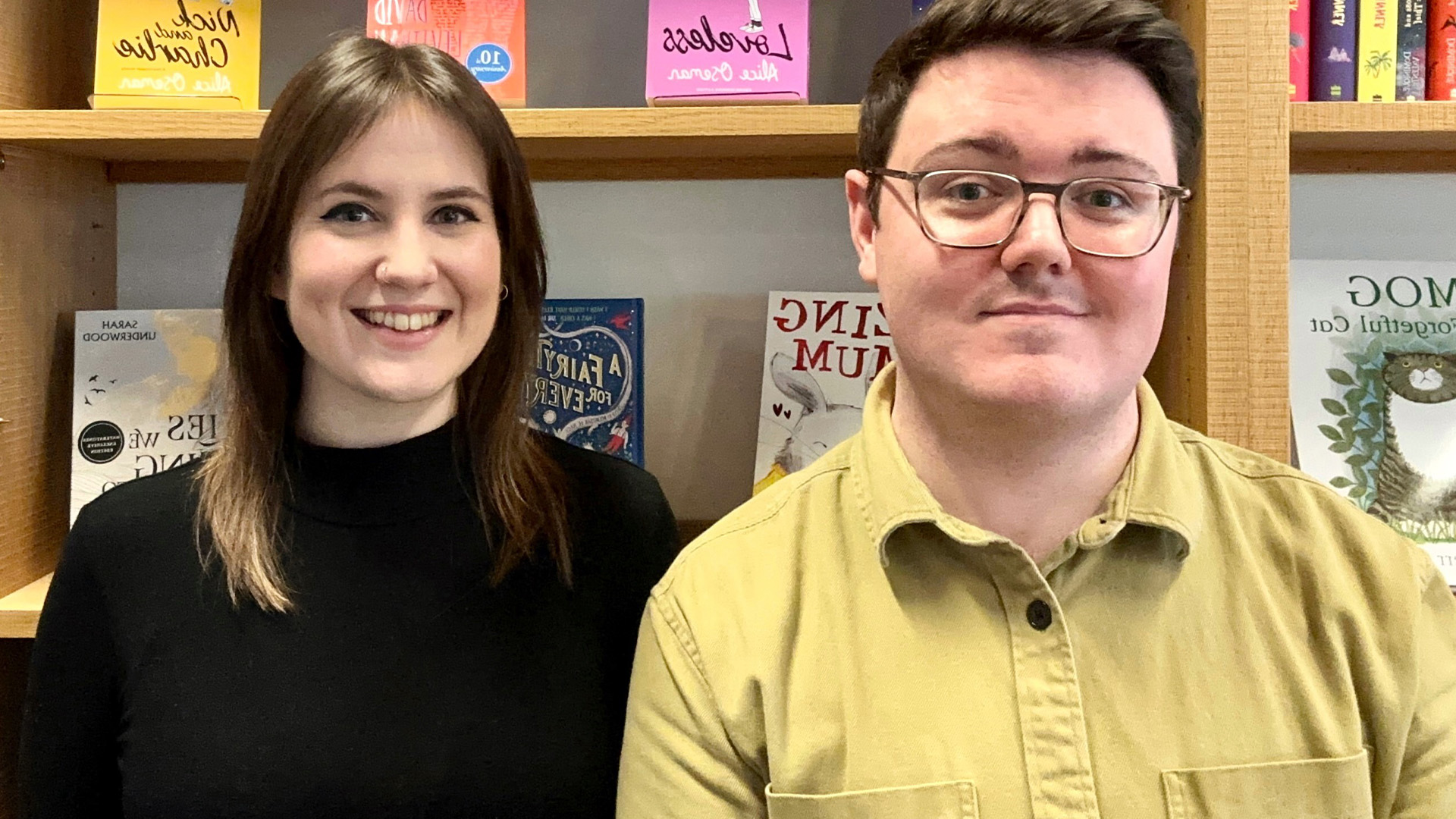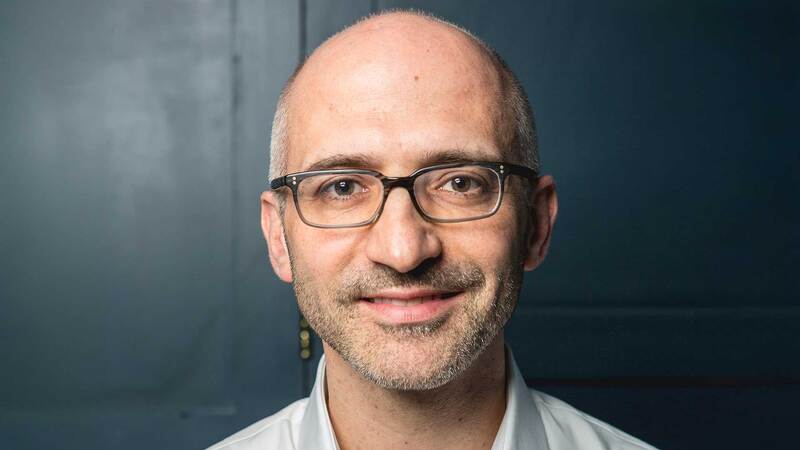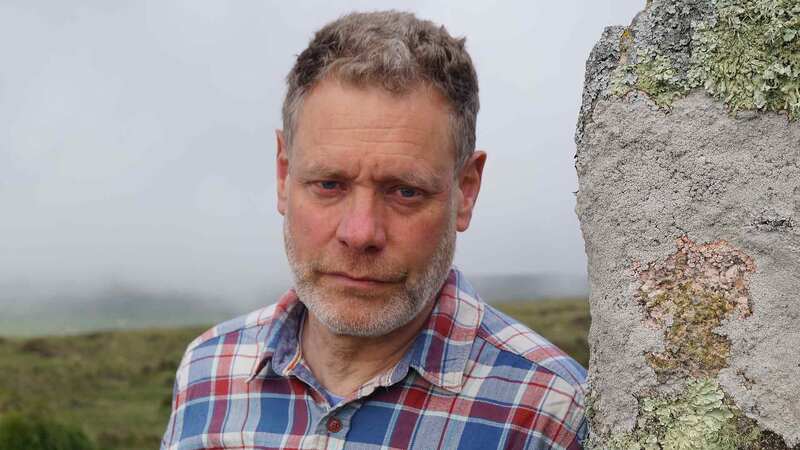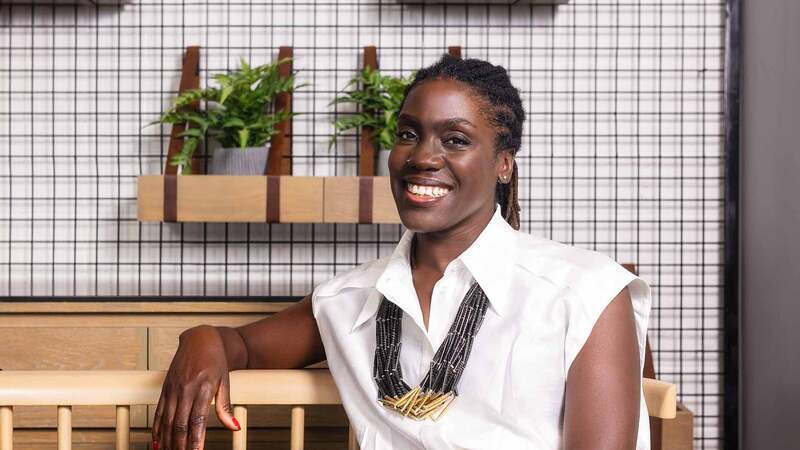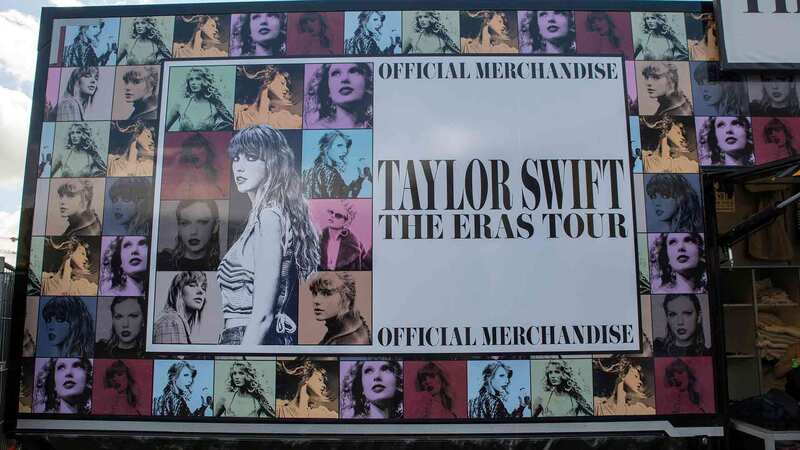You are viewing your 1 free article this month. Login to read more articles.
Q&A: Lexi Bickell & Rory Codd Co-chairs, Pride at HC
The HarperCollins pair share how the Pride at HC network started, the importance of allyship internally, and their hopes for the group going forward.
Who was the network founded by? How many members are there?
Lexi It was founded by Joe Thomas, who was senior publicity manager for HQ at the time. He came up with the idea for the network and sent an initial email around to see who else was interested in being involved. I immediately said “yes”, along with a few others, then Joe and I became co-chairs pretty much straight away, and it went from there.
Rory I was so excited to come onboard as the new co-chair after Joe took on a new role at another publisher. I really wanted to get involved in building a safe space for our LGBTQ+ colleagues and meeting some interesting new people along the way. We’ve experienced some great growth over the past year and right now we have around 45 members.
Why was the network founded and what are its founding principles?
Lexi The network was founded because we realised there was a gap in the roster of employee networks that already existed at HarperCollins. I had noticed it myself, but hadn’t realised that starting one was something that “regular” staff could do. As soon as the initial email went around, I knew I wanted to be onboard.
Rory The founding principle of Pride at HC was to make sure that our colleagues felt comfortable being out and themselves in the workplace, no matter their sexuality or gender identity. This core goal informs everything that we do for the network, from organising our monthly meetings to arranging our social activities.
What issues do you hope to tackle and what feels most pressing right now?
Lexi One of the key issues we’re working on is visibility in the workplace. It can be tricky to find and recognise fellow members of the LGBTQ+ community, which can feel quite isolating at times. Our first step to address this at HarperCollins has been introducing Pride at HC lanyards, which include the progressive Pride flag and are available for any network member, whether they identify as a member of the community or as an ally. Of course, they’re totally optional to wear, but it means that people can choose to visibly display their support of the community, outwardly identifying themselves as a person members of the community know they can feel safe around.
Rory I would like all of our colleagues, at all office locations, to feel included by the network. As HarperCollins has multiple offices across the UK and Ireland, our LGBTQ+ colleagues are quite spread out. Community development is, and always has been, so crucial to LGBTQ+ people and we want to make sure we are helping to create a company-wide network, not a London one.
What has the reception been like? What’s the impact of the network been so far?
Lexi The network has received a fantastic reception at HarperCollins over the past year. Colleagues across the different publishing divisions have been so supportive and the network members themselves have been really appreciative. We have made a real effort from the beginning to consider confidentiality and accessibility, so it’s lovely to hear that has been recognised.
Rory I think the biggest impact we have made is in building awareness and visibility within the company. For Pride Month last year, Lexi led a virtual “In Conversation” event with authors Juno Dawson and Saara El-Arifi.
Do you have any tips for people wanting to set up a similar network?
Rory It’s best to start out with realistic, achievable goals and go from there. Our initial membership was small, but by building our community gradually over the past 12 months, we have made some really strong relationships that have helped widen our scope this year.
Lexi Don’t be afraid to ask for help! We have asked lots of people for their advice as we’ve gone along, from the People team to fellow network chairs. That advice has been invaluable in saving us time and enabling us to provide the network with clearer direction.





